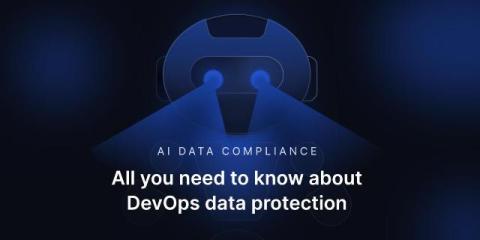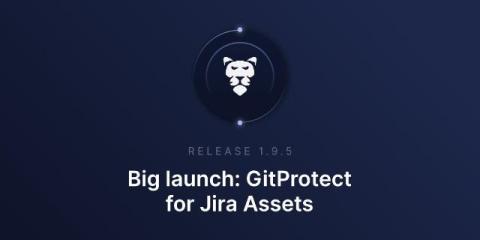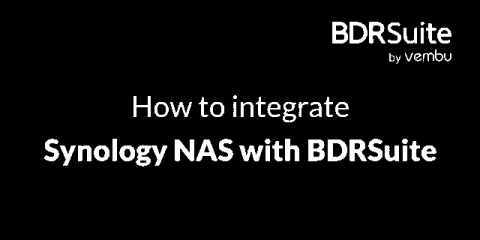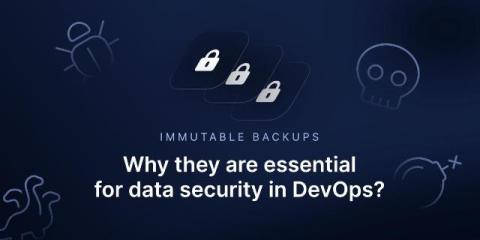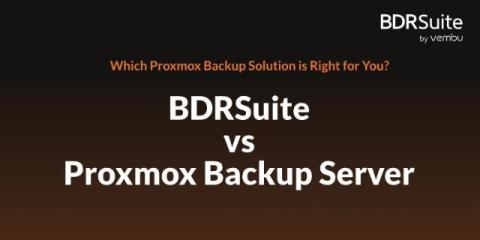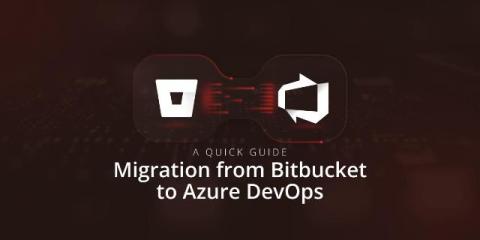AI Data Compliance: All You Need To Know About DevOps Data Protection
The evolution of artificial intelligence has been rapid thus far. By 2030 the AI market is projected to reach $1.81 trillion. Technology supported by AI has been useful in many areas of life such as education, healthcare, or finance. That is reflected by the rate of AI adoption by organizations being 72% (2024). Even if you just look around you – many people use tools like ChatGPT for daily life or work, AI helps with email management or studying. What do these advancements in AI bring to DevOps?


